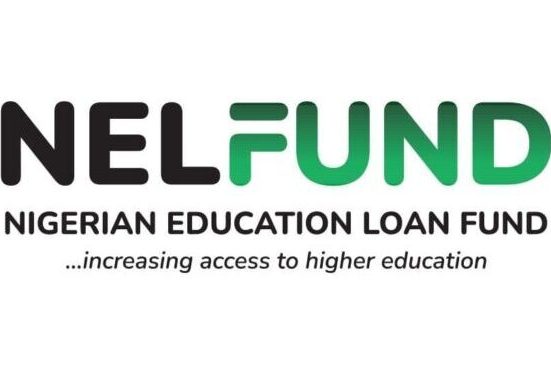Parents of students in Federal Unity Colleges across Nigeria are seeking intervention from the Federal Government over a significant increase in the Parent Teacher Association (PTA) levy. The levy has been raised by 140%, from N5,700 to N12,000 per term, effective from the third term of the 2024/2025 academic session. This decision, announced by the Federal Ministry of Education, has sparked widespread discontent among parents, who view it as an additional financial burden amidst economic challenges.
The increase was reportedly prompted by requests from PTA bodies in various Federal Unity Colleges to enhance their capacity to fulfill obligations within the schools. However, parents argue that this increment contradicts their role as supportive partners rather than financial substitutes for the government. They have expressed concerns about the lack of transparency and accountability in how the PTA funds are managed, citing instances where executive members have failed to provide financial reports despite repeated requests.
In a letter to the Minister of Education, Tunji Alausa, parents from the Federal Technical College, Yaba, Lagos, appealed for intervention, highlighting the secrecy surrounding PTA activities and the need for proper regulation or abolition of the levy system. They fear that the increased levy could be exploited by some executives for personal gain, further exacerbating the financial strain on families already struggling with rising tuition fees and economic hardship.
The Ministry of Education has clarified that the N12,000 levy is a maximum amount and not mandatory for all PTAs, emphasizing that each PTA can charge below this figure based on their discretion. However, parents remain skeptical about the justification for such a substantial increase and are calling for a more transparent and accountable management of PTA funds.
This situation reflects broader challenges in Nigeria’s education sector, where financial pressures and governance issues often impact the quality and accessibility of education. As parents continue to advocate for government intervention, it remains crucial for policymakers to address these concerns and ensure that educational institutions are managed in a way that supports both students and their families.







